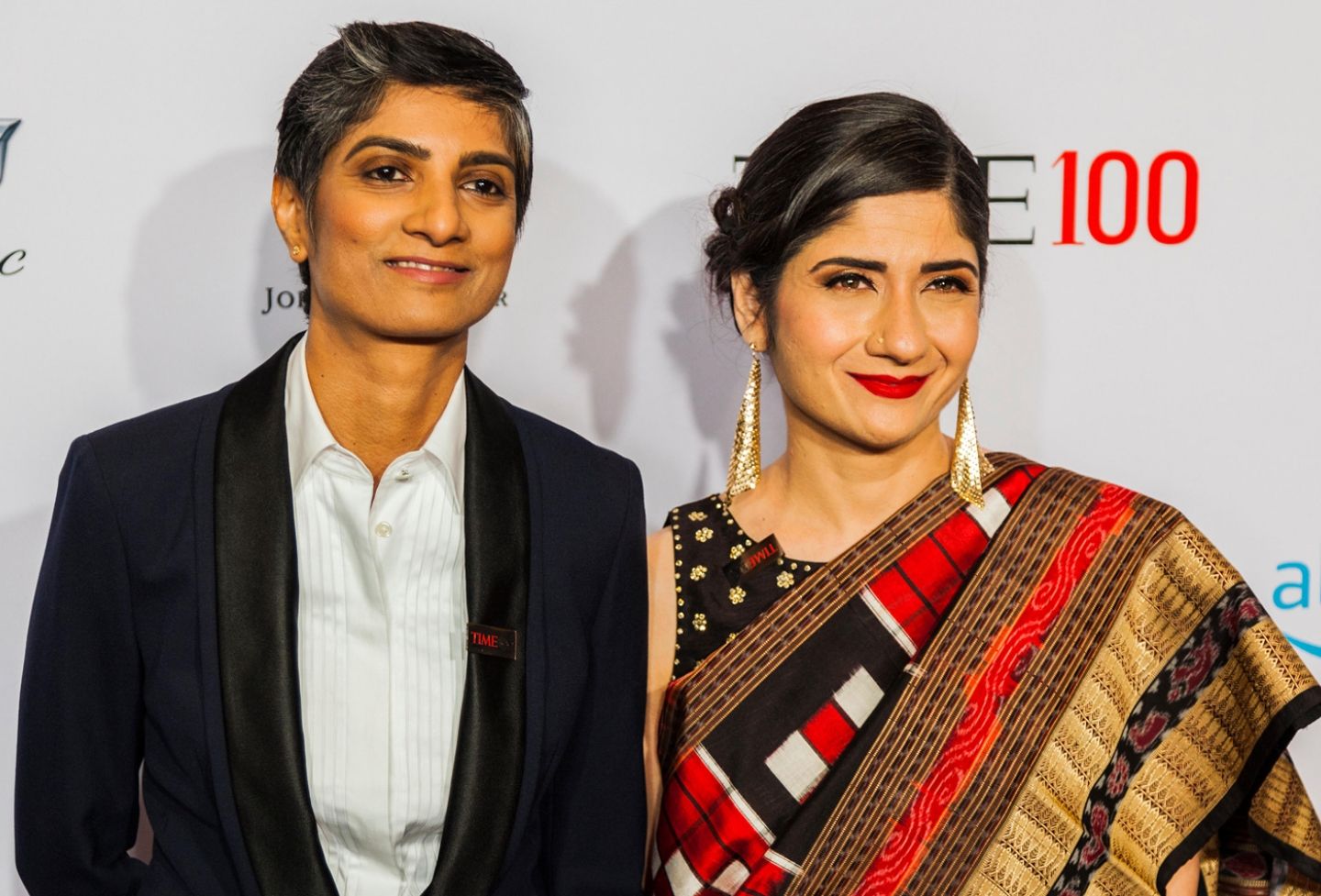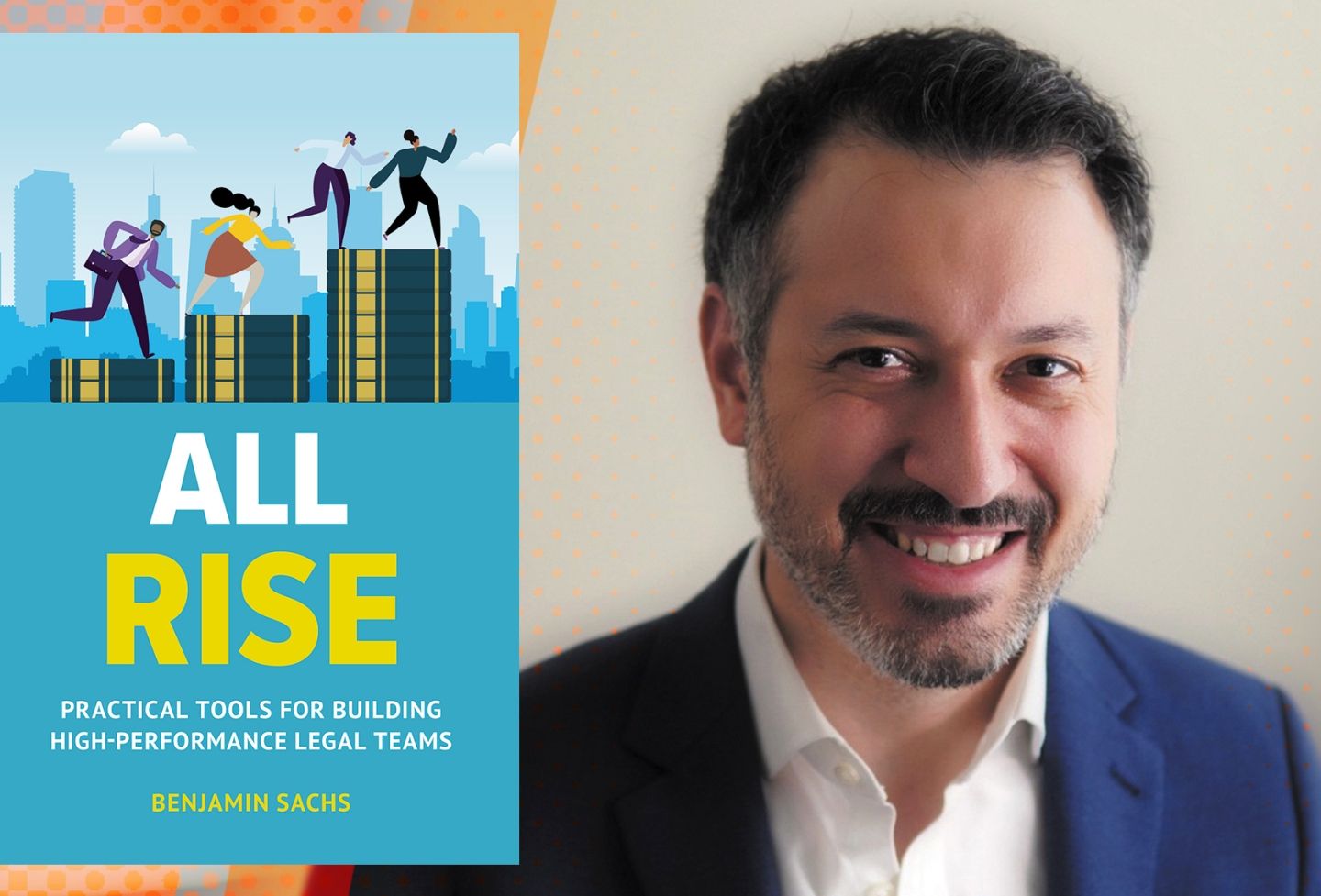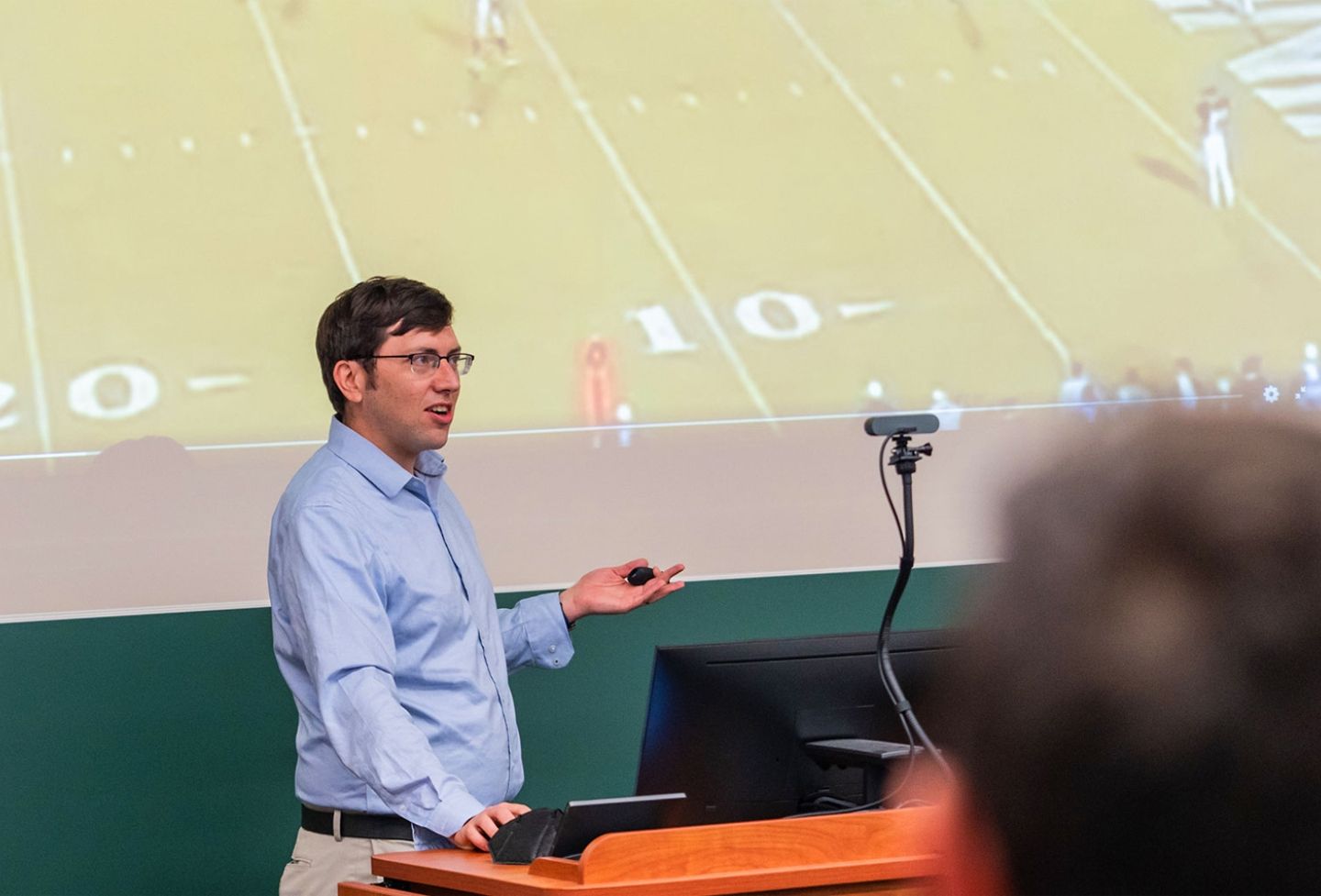Employment litigator Kim Boyle has long been committed to hard work, service and education, and that’s helped the Phelps partner rack up a number of “firsts.”
As the first Black woman to serve as president of the Louisiana State Bar Association and the first Black president of the New Orleans Bar Association, she has devoted much of her nonbillable time to her community. She serves on the board of trustees for Tulane University and for Dillard University, and previously served on the board of Princeton University, where she earned her undergraduate degree. But her list of commitments is even longer. She is a current member of the board of directors and executive committee of Touro Hospital in New Orleans, Greater New Orleans Inc. and the New Orleans Business Alliance; on the executive committee of the Greater New Orleans Sports Foundation; and president of the Louisiana Women’s Forum and Amistad Research Center. She recently took time to answer a few questions about her busy life.
You recently took on a new leadership role in your firm. Tell us about that.
I am very excited about my role as vice managing partner of the New Orleans office of my firm. This is really an external role for the firm based upon my involvement in a number of community and civic groups locally and statewide, as well as nationally.
How do you carve out time for service? Can you share something that makes you proud about your volunteer efforts?
My parents instilled in us, “To whom much is given, much is expected.” Therefore, no matter how busy I am, I try to make time to give back, particularly because I live in a community with tremendous needs. Through my volunteer work, I think I have had some small, direct (and hopefully positive) impact on lives in my community. I serve on the UNCF Advisory Board in Louisiana, as well as serving on two college boards, one of which is Dillard University. Dillard is a historically Black university in New Orleans that my parents attended and from which my mother received her college degree. As a result of my own background and certainly through my work with Dillard, I truly know the struggle that many students of color have in attending and graduating from a four-year university, based on a number of critical factors, such as attending weaker secondary schools, lack of finances, lack of resources and other significant issues. Because of the paramount importance of providing educational opportunities to all students in our country, I am committed to helping students at HBCUs as much as I can, and I started a small scholarship in my parents’ name about three years ago to provide financial assistance to students at Dillard. I am extremely proud of working with students for a long period of time to assist them in obtaining a college degree.
What are your keys to success, no matter the role?
I think the keys to success in any profession are hard work and preparation. There is no substitute for either in anything that you do. Every attorney I have ever worked with or been against will tell you that is my philosophy.
What did it mean to you and your family to be a trailblazer in your local and state bar?
My philosophy concerning being a so-called “trailblazer” is that while you may be the first, you want to forge a path where you are not the last. As an African American female attorney in a Southern Big Law firm, I have mentored and continue to mentor a number of young attorneys and young professionals, and I always want to provide a path where they can move forward and do better and have even more success than I have been fortunate enough to have.
You’re a self-described voracious reader. What books would you recommend?
I love biographies and historical books. Based on the fact that our country is consumed with politics today, I highly recommend Robert Caro’s books on President Lyndon B. Johnson, particularly, “Master of the Senate.” I recently purchased a book on Frederick Douglass, “Prophet of Freedom.” I very much look forward to reading it.
You have the last word. What do you want to say?
I am very concerned about the divisiveness in our country at this time and I believe that we all have an obligation to try to address it. So I will end by quoting one of my personal heroes, Congressman John Lewis: “Ours is not the struggle of one day, one week, or one year. … Ours is the struggle of a lifetime, or maybe even many lifetimes, and each one of us in every generation must do our part.”



